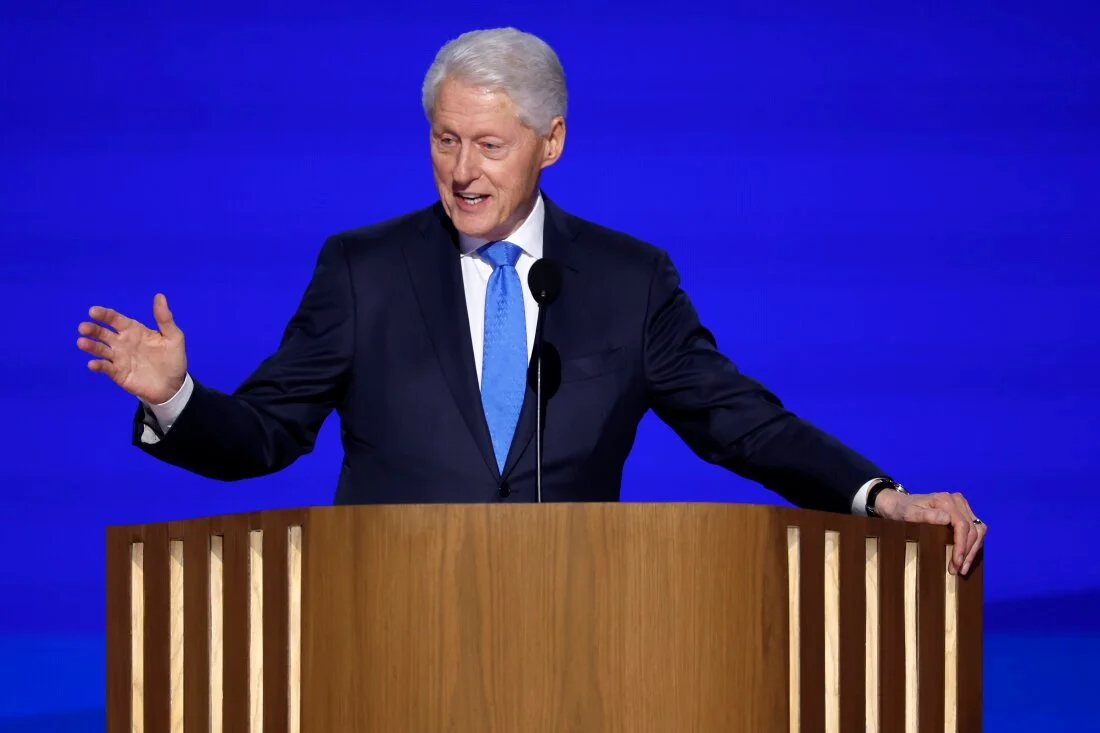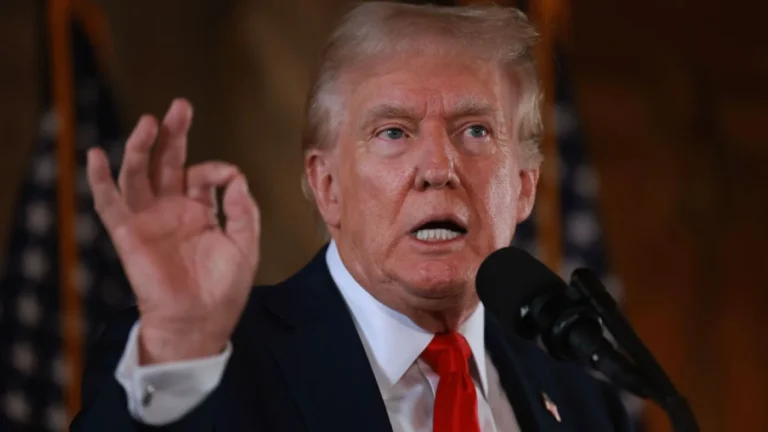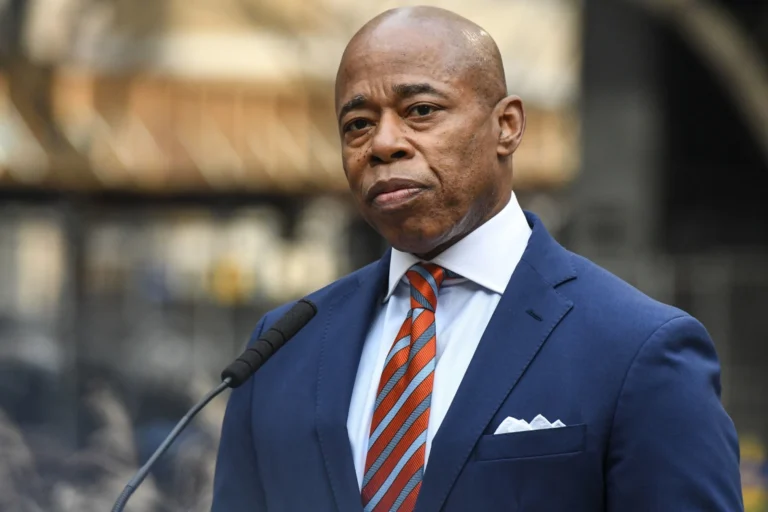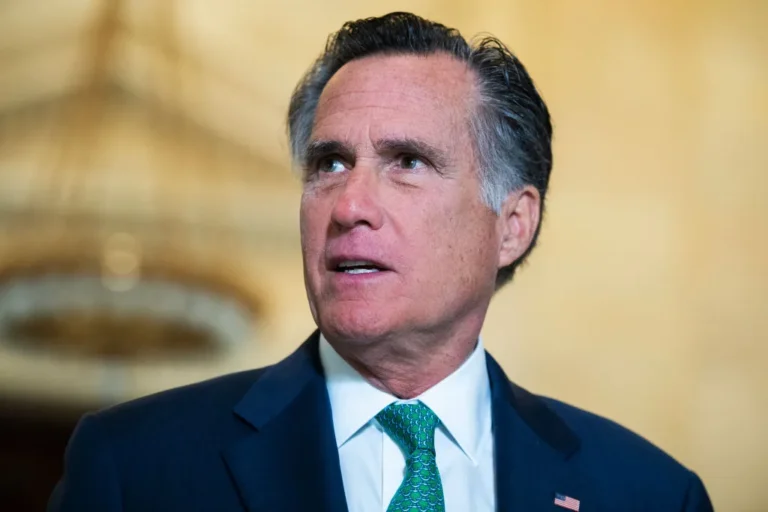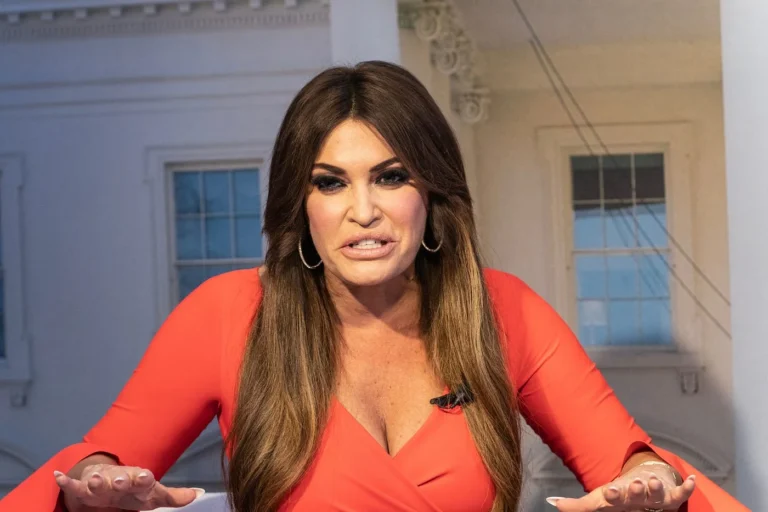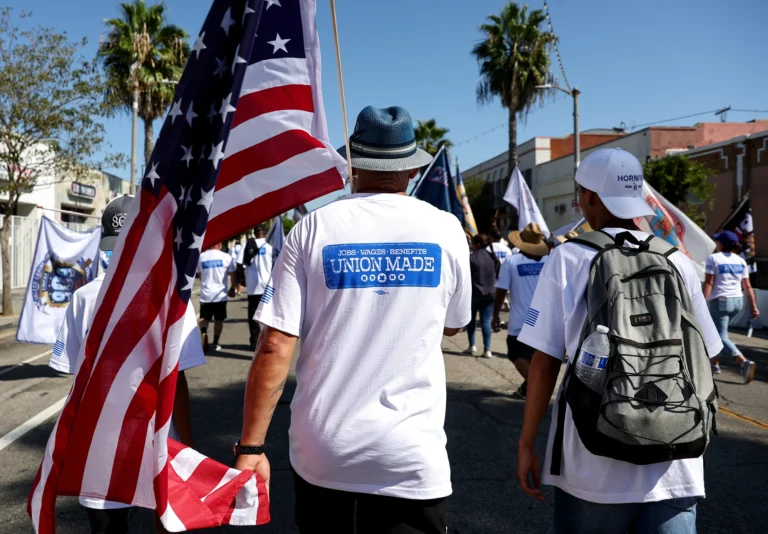Bill Clinton openly expressed his concerns about Joe Biden’s handling of his son’s pardon during an appearance at The New York Times’ Dealbook event in Manhattan on Wednesday. This marked the first time he spoke publicly since Biden’s controversial decision to issue a sweeping presidential pardon to Hunter Biden on Sunday. Clinton, the 42nd president of the United States, was asked for his opinion on the political fallout from the pardon, particularly after Biden had repeatedly pledged not to grant it.
“I wish he hadn’t said he wasn’t going to do it,” Clinton admitted, acknowledging that Biden’s initial refusal weakened his justification for the eventual pardon. The former president’s comments reflected his discomfort with the way Biden had handled the situation. The discussion came just days after Biden’s surprise decision, which was seen as a dramatic reversal of his earlier statements. Clinton, who served in the White House from 1993 to 2001, spoke openly about the political and personal ramifications of the decision during the conversation hosted by Andrew Ross Sorkin.
Sorkin, who moderated the event, raised a critical question: Was Biden’s pardon of his son, before Hunter Biden had even been sentenced, damaging to the president’s legacy? The question was especially poignant, considering the Democrats’ repeated criticisms of Donald Trump for undermining the rule of law. “Wasn’t it a promise-breaking act that subjects Biden’s allies to yet another humiliation in a year packed with Biden-inflicted injuries?” Sorkin asked, highlighting the political vulnerability Biden faced.
Clinton responded with a blunt assessment of the current political climate, saying, “We had a lot better record than the Republicans, and what good did it do us? No one believes in anybody anymore.” This was a rare moment of candor from Clinton, who lamented the erosion of trust in politicians, regardless of party affiliation. He pointed to the broader issue of disillusionment within the electorate and how it had affected both the Democratic and Republican parties.
Although Clinton was critical of Biden’s handling of the pardon issue, he also offered a partial defense. He acknowledged that the president’s decision to intervene on behalf of his son was likely influenced by the fact that Hunter Biden had been treated differently because of his family connections. “The president is almost certainly right that his son received completely different treatment than he would have if he hadn’t been the president’s son,” Clinton said. This implied that Biden’s actions might have been motivated by a desire to protect his son from what he saw as an unfair legal process.
However, Clinton took issue with comparisons between Biden’s pardon and his own controversial decision in 2001 to pardon his brother, Roger Clinton, who had been convicted on drug charges. Roger Clinton had served 14 months in federal prison for drug trafficking before Bill Clinton granted him clemency at the end of his presidency. Clinton pointedly rejected the idea that the two situations were similar, emphasizing that his brother had already served time in prison for his crime. “My brother did 14 months in federal prison for something he did when he was 20,” Clinton said, drawing a distinction between his brother’s case and the ongoing legal matters surrounding Hunter Biden.
When pressed about why the Democrats had lost the 2024 election, Clinton did not hold back in his critique of his party’s strategic mistakes. Describing Biden affectionately as “a stubborn old Irishman,” Clinton pointed to the handling of the border crisis as one of the primary factors that hurt the Democratic Party. “Too many Democrats thought it was politically incorrect to stand up for controlled borders. People hate chaos,” Clinton said, stressing that the border issue was legitimate and that it had likely played a significant role in the election’s outcome.
Clinton also briefly addressed the ongoing debate about the Democratic Party’s direction, particularly its embrace of “woke” culture. Responding to the idea that “woke” had become a liability for the party, Clinton remarked, “There’s something to that.” However, he did not delve deeply into the issue, though he was reportedly critical of the Harris campaign’s use of attack ads against Trump over transgender issues.
Looking to the future of the Democratic Party, Clinton was enthusiastic about Pennsylvania Governor Josh Shapiro, calling him “a great talent” with a strong understanding of what’s happening in the country. When asked by Sorkin if a Jewish candidate could ever win the presidency, Clinton praised Shapiro’s potential and described him as a tough but approachable figure. Shapiro had declined to run when Biden withdrew from the race, and Clinton reflected on the lack of preparation for such an eventuality. “There was no plan by anybody,” Clinton said, emphasizing how chaotic it was when Biden decided to step aside. “Nobody knew what was going to happen, and by the time it happened, it was only, what, 107 days to the election. There was no time for a primary. We couldn’t have organized a primary that would have had a meaningful impact. It would have been total chaos.”
On a more reflective note, Clinton also shared his regrets about the failed Middle East peace process, particularly his role in the Oslo Accords. He expressed disappointment over Palestinian leader Yasser Arafat’s decision to walk away from negotiations in the 1990s. At the time, the Palestinians were offered control over 96% of the West Bank, a capital in East Jerusalem, and borders aligned with the 1967 War. “I’m an old guy. I have my regrets – that’s one of them,” Clinton confessed, acknowledging the lost opportunity for peace and the consequences of those failed negotiations.
Clinton’s frank comments provided a candid and unfiltered look at his thoughts on both the current political landscape and his own legacy, as well as the difficult challenges the Democratic Party faces as it moves forward.
